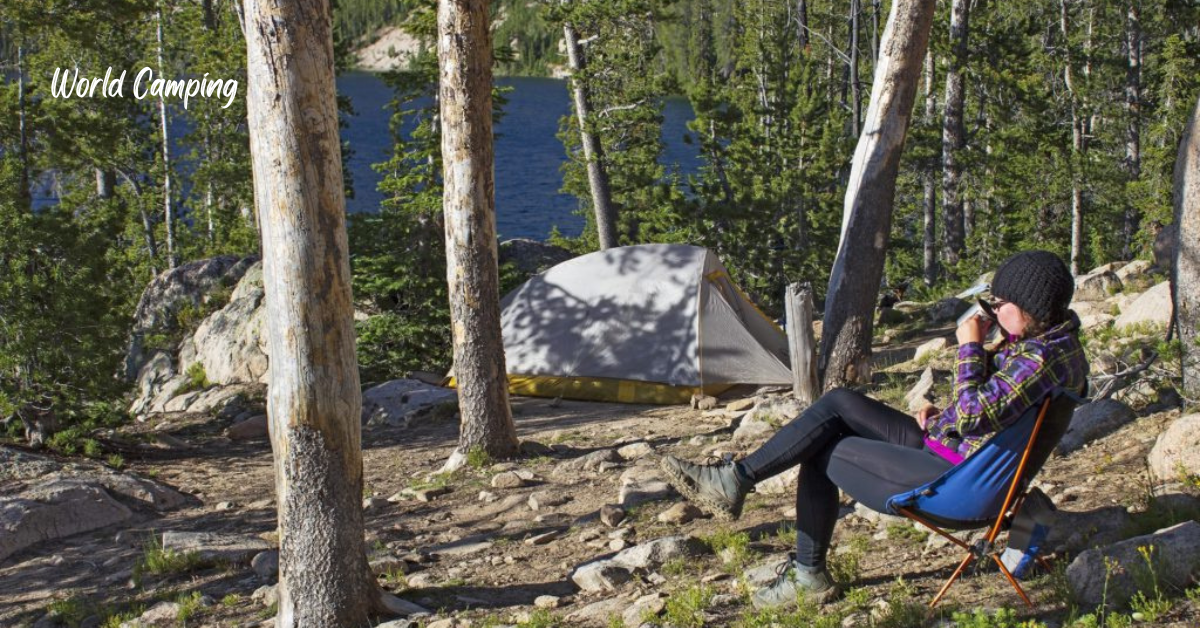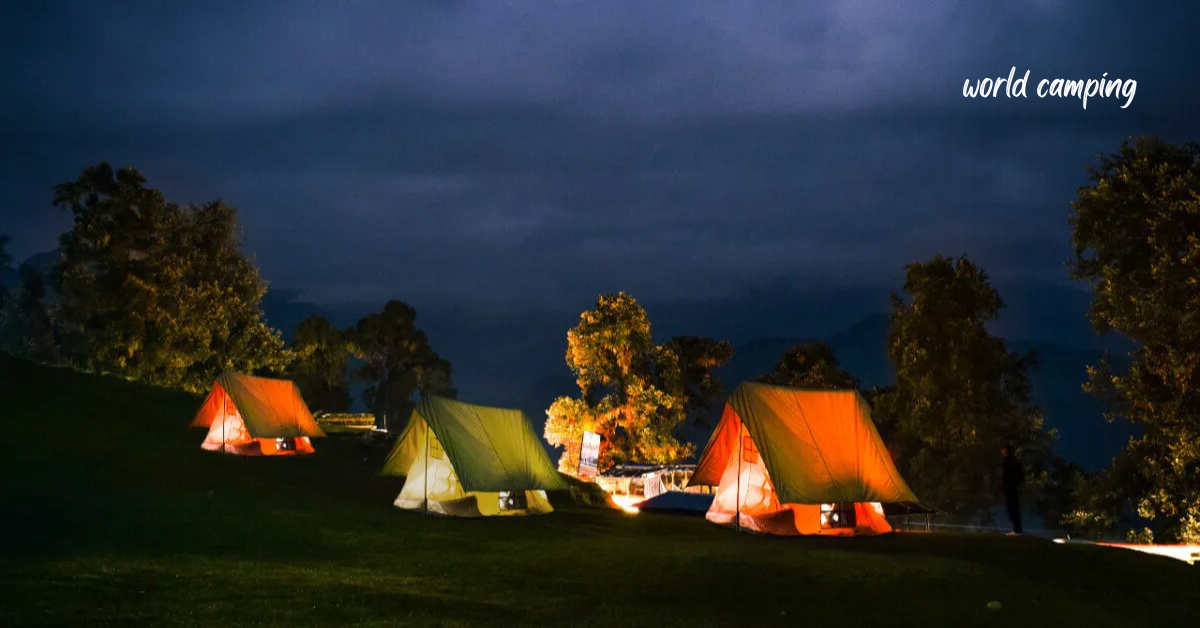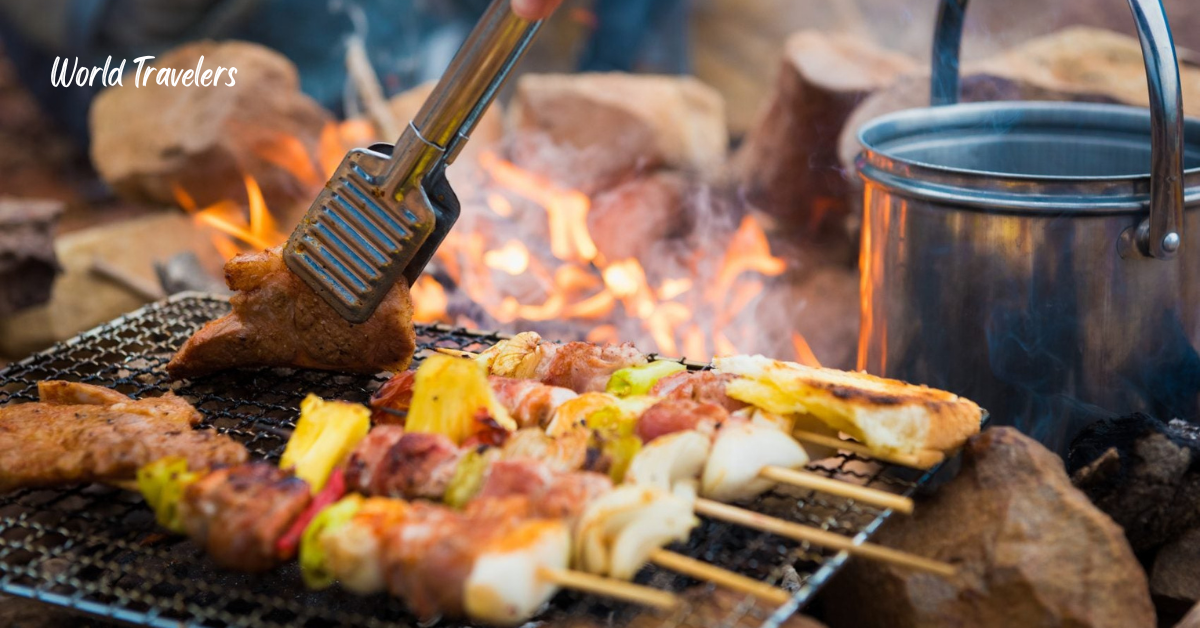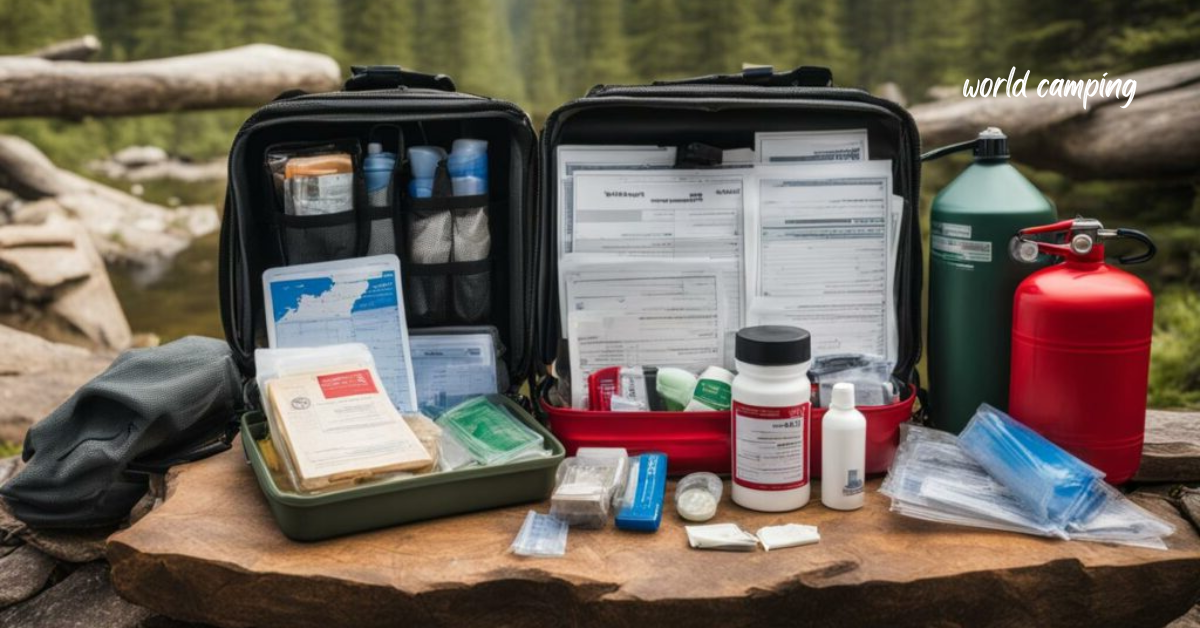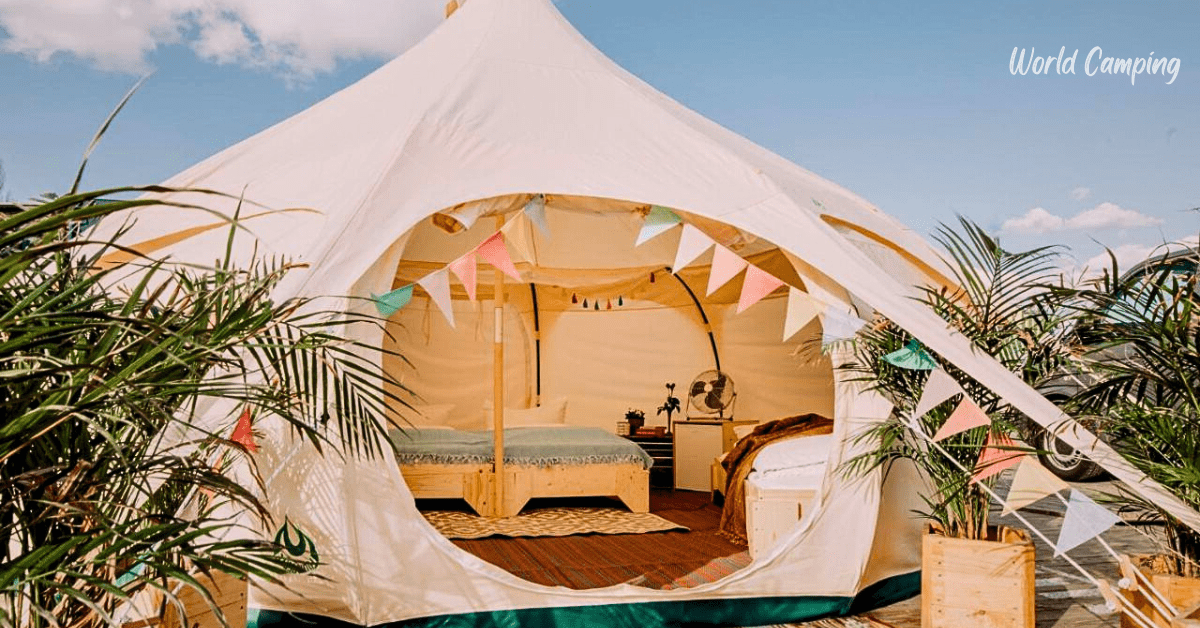Best Camping Gear for Backpacking in Europe

Embarking on a backpacking trip through Europe is a dream for many outdoor enthusiasts. From the rugged landscapes of the Scottish Highlands to the sun-kissed trails of the Mediterranean coast, Europe offers a diverse range of environments that require well-chosen camping gear.
Having the right equipment is crucial to ensuring your adventure is comfortable, safe, and enjoyable. In this comprehensive guide, we’ll explore the best camping gear for backpacking in Europe, covering everything from lightweight tents to durable cookware.
Shelter Options
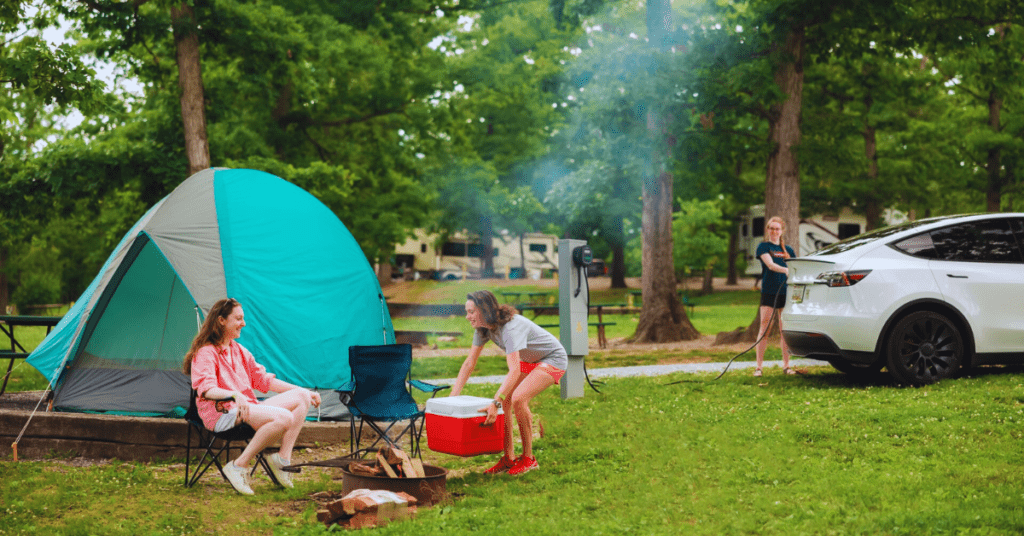
When backpacking in Europe, your shelter is your sanctuary after a long day on the trail. Choosing the right tent or shelter system depends on your preferences for weight, comfort, and weather protection.
Backpacking Tents
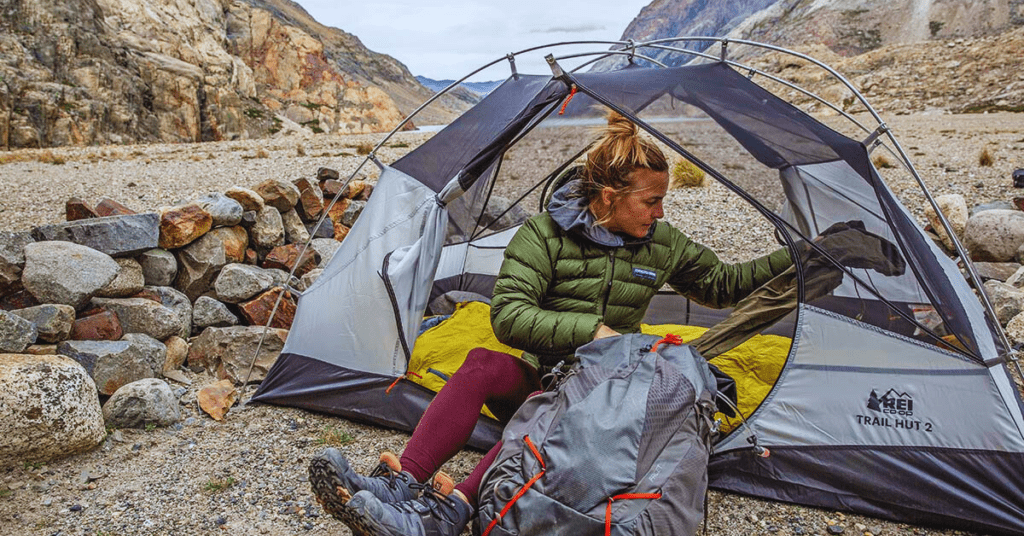
When considering the best camping gear for backpacking in Europe, a crucial item to focus on is the backpacking tent. Backpacking tents designed for European climates should ideally be lightweight yet durable, capable of withstanding various weather conditions from the dampness of the British Isles to the heat of the Mediterranean.
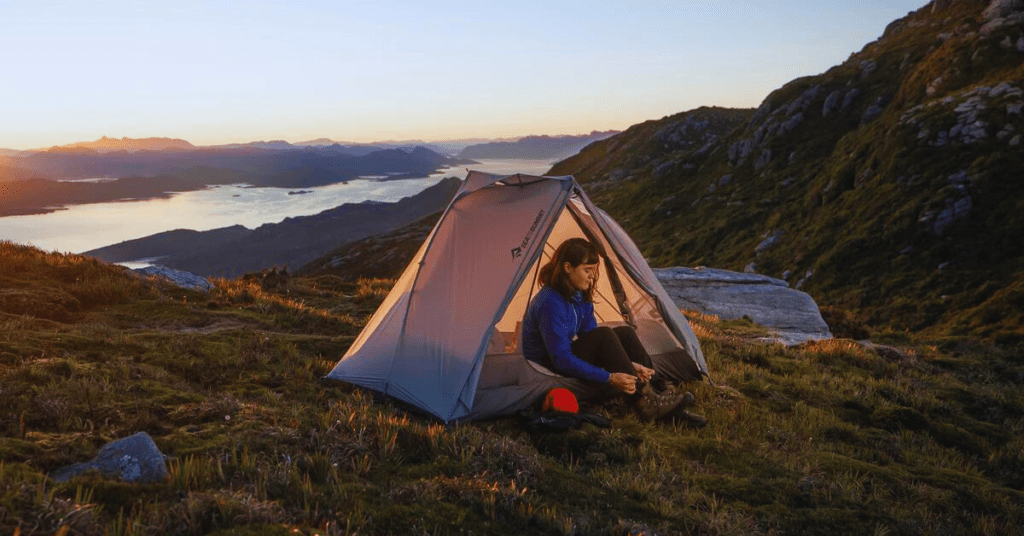
Look for tents that offer easy setup and takedown, as well as sufficient ventilation to manage condensation, which can be a challenge in many European regions.
Bivvy Bags
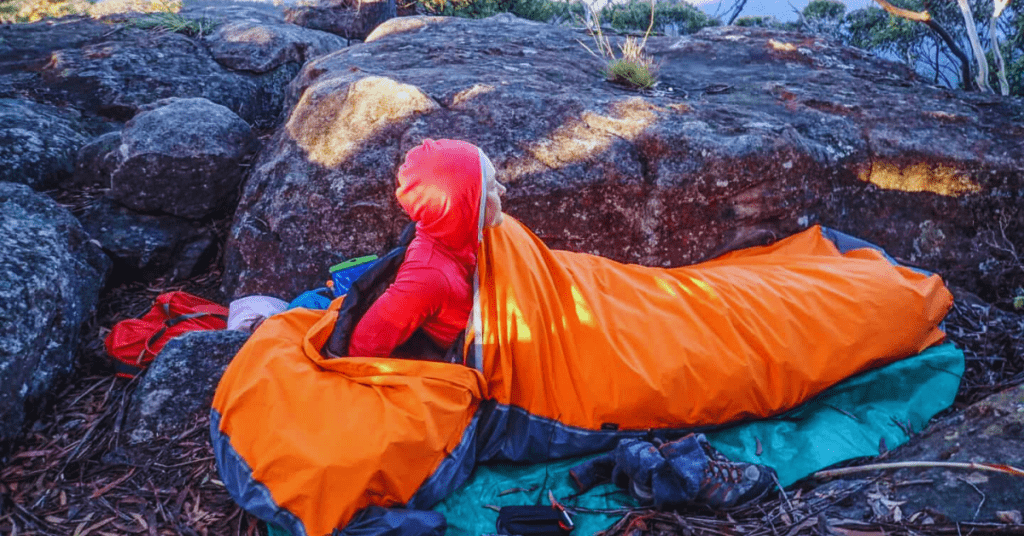
When considering the best camping gear for backpacking in Europe, bivy bags are another essential item to explore. A bivy bag, short for bivouac sack, is a minimalist shelter designed to protect you from the elements while offering a compact and lightweight alternative to traditional tents.
Ideal for solo backpackers looking to minimize weight and pack size, bivy bags are typically made from breathable and waterproof materials, offering protection against rain, wind, and insects.
Clothing Essentials
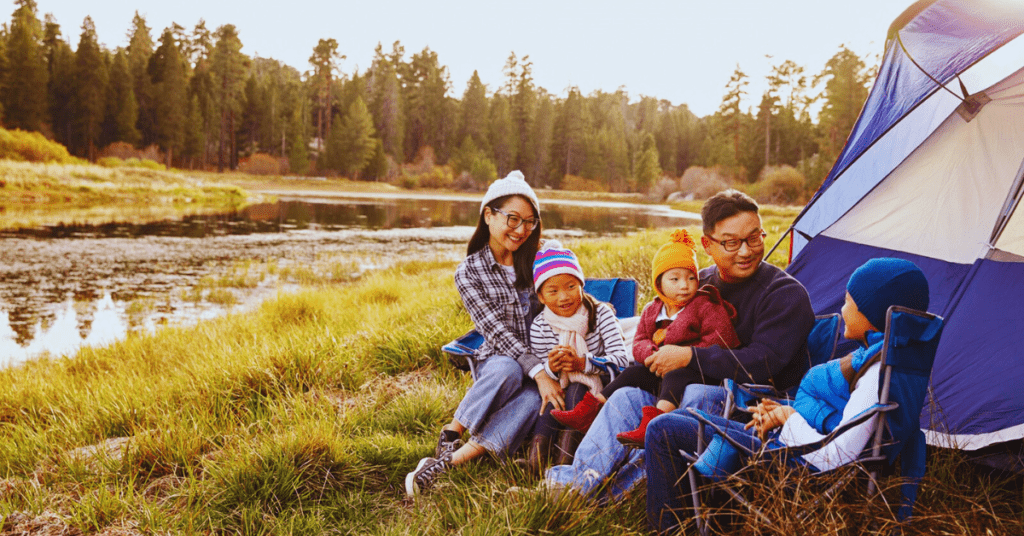
When preparing for backpacking adventures across Europe, choosing the right clothing ensures comfort, protection, and mobility.
Base Layers
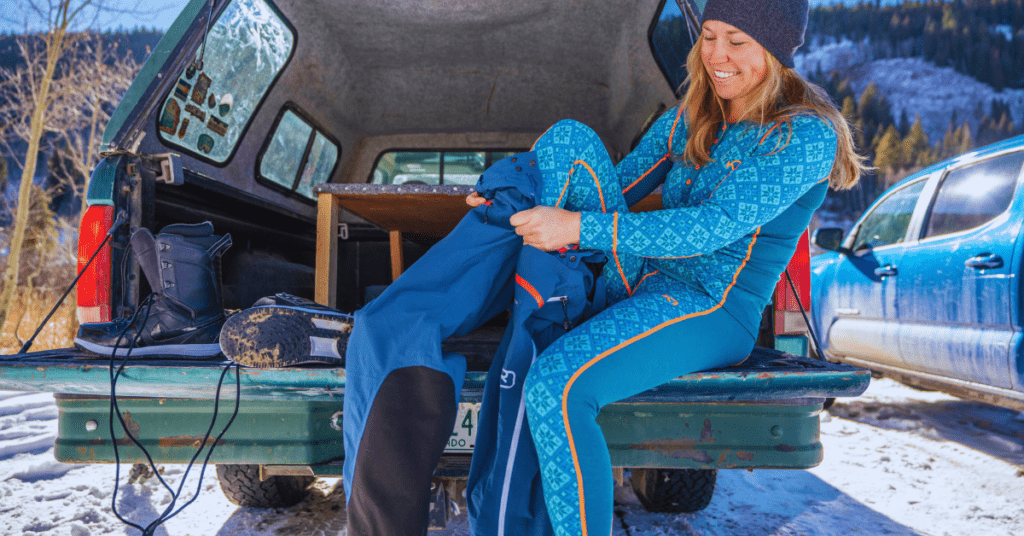
When it comes to essential camping gear for backpacking in Europe, base layers play a crucial role in ensuring comfort and performance in varying weather conditions. Base layers are the foundational garments worn directly against the skin, designed to manage moisture, regulate body temperature, and provide insulation.
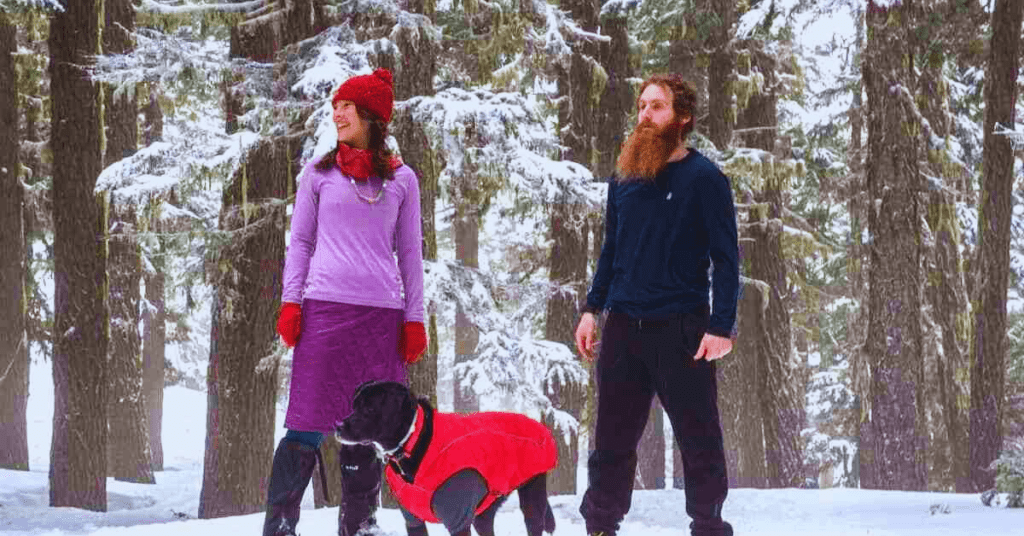
They are typically made from moisture-wicking materials like merino wool or synthetic fabrics such as polyester or nylon blends.
Insulating Layers

Insulating layers are essential components of camping gear for backpacking in Europe, offering warmth and comfort in diverse weather conditions. These layers are designed to provide thermal insulation by trapping body heat close to the skin and preventing cold air from penetrating.
Insulating layers come in various forms, including fleece jackets, down or synthetic insulated jackets, and vests, each offering specific benefits depending on the conditions.
Essential Backpacking Gear
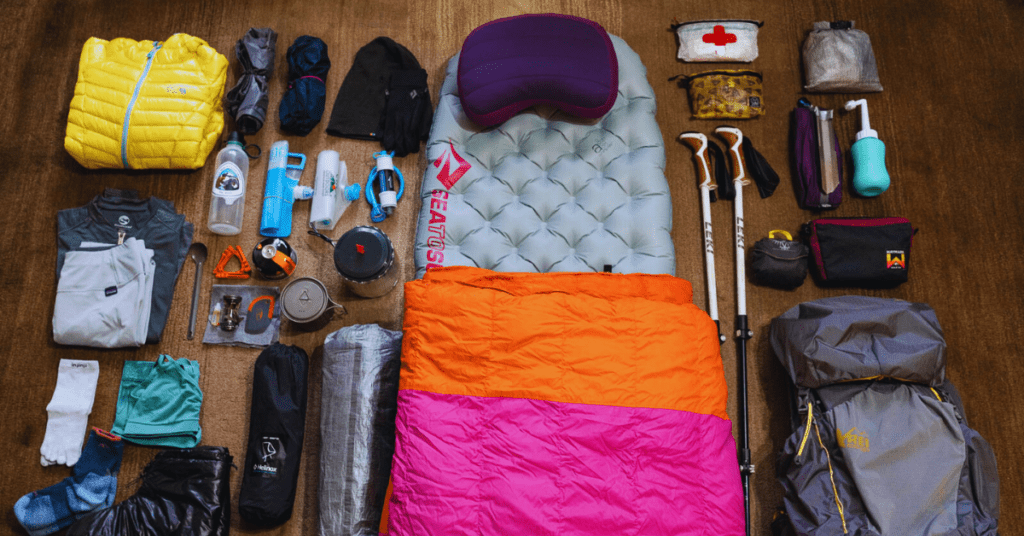
Your backpack is your lifeline on a backpacking trip, carrying all your essentials.
Cooking Equipment
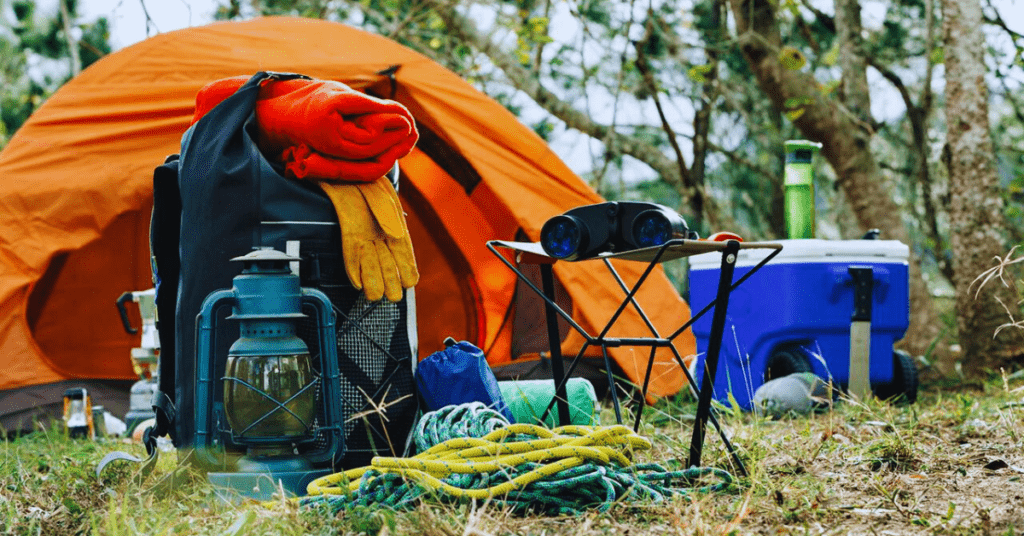
Cooking equipment is a crucial component that enabling outdoor enthusiasts to prepare meals efficiently and enjoyably amidst varying landscapes and climates. When backpacking through Europe, lightweight and compact cooking gear is essential due to limited space and the need to carry it over long distances.
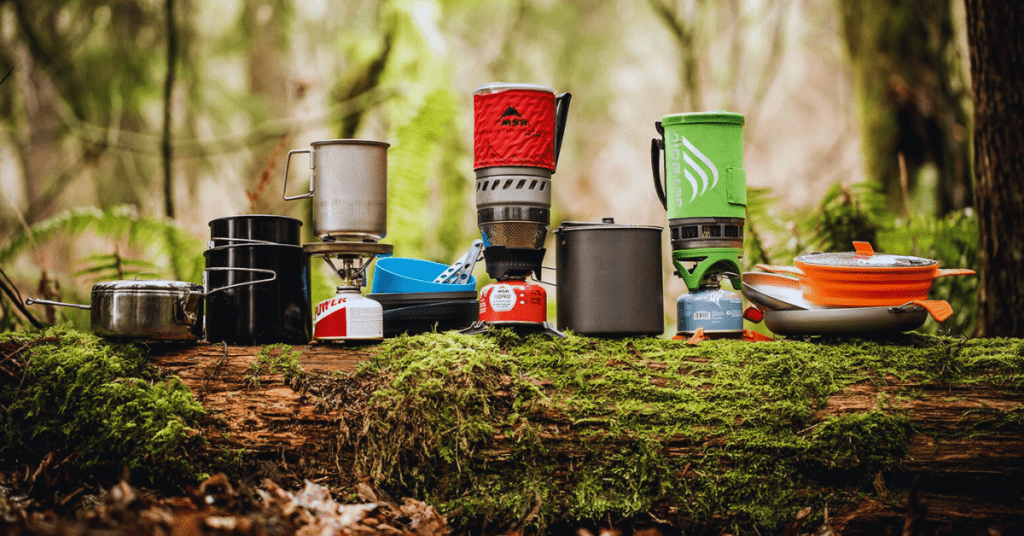
Key items typically include a portable stove, such as a lightweight backpacking stove fueled by canister gas or liquid fuel, which offers reliable performance in different weather conditions.
Navigation Tools
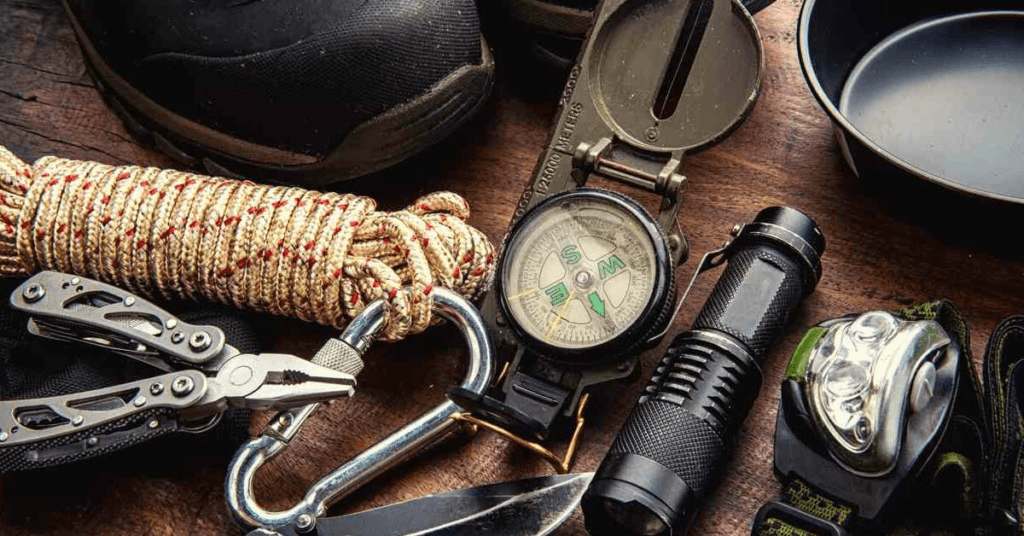
Navigation tools are critical components of the best camping gear for backpacking in Europe, ensuring that outdoor enthusiasts can safely navigate diverse terrains and unfamiliar environments. Key navigation tools include maps, compasses, and nowadays, GPS devices or smartphones with GPS capabilities and offline maps.
Traditional maps provide an essential overview of the area’s topography, trails, landmarks, and potential hazards.
Lighting Essentials
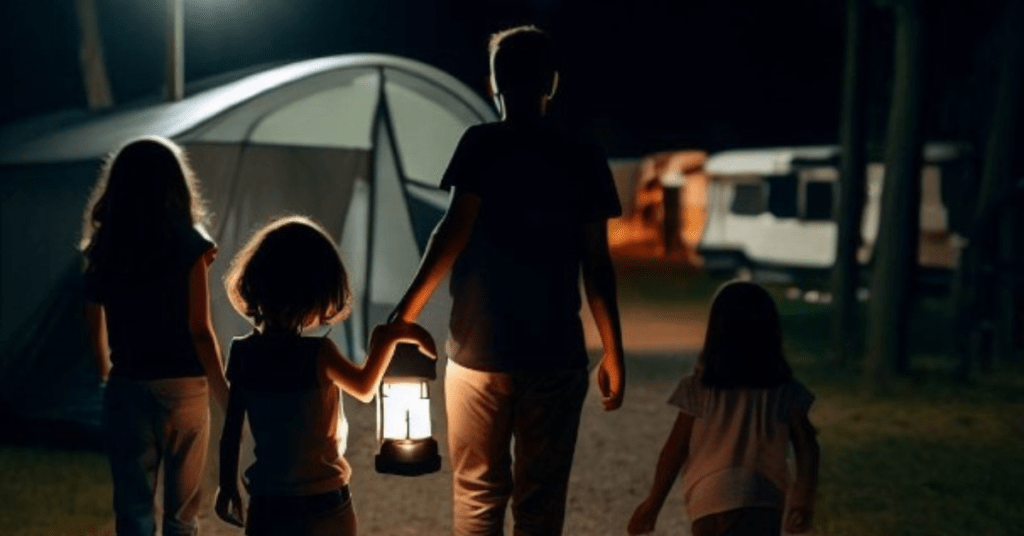
Lighting essentials are vital components of the best camping gear for backpacking in Europe, ensuring visibility, safety, and convenience during outdoor adventures, especially in varying light conditions and terrain.
Headlamps
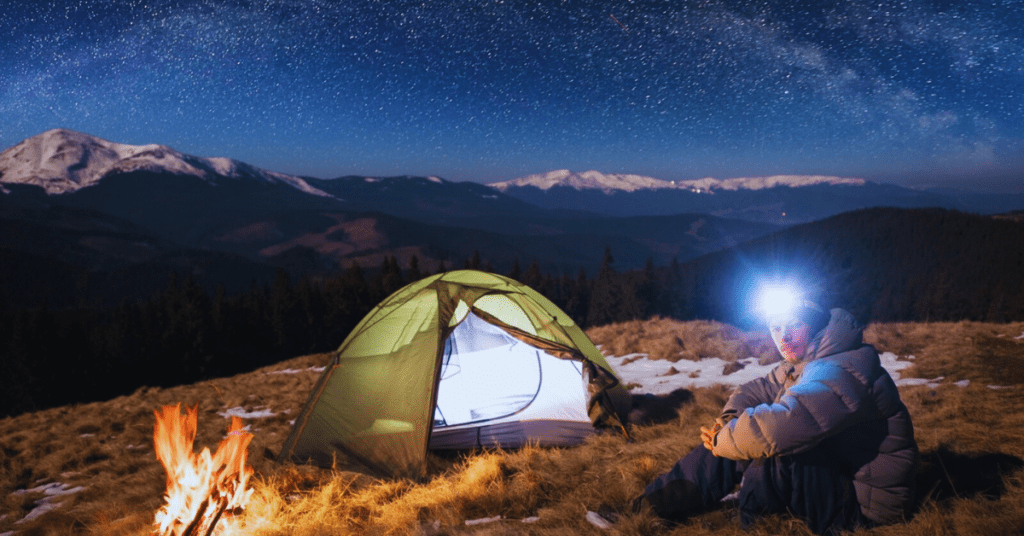
Headlamps are indispensable pieces of camping gear for backpacking in Europe, offering essential illumination and hands-free convenience in varying outdoor conditions. These compact devices are worn on the head with an adjustable strap.
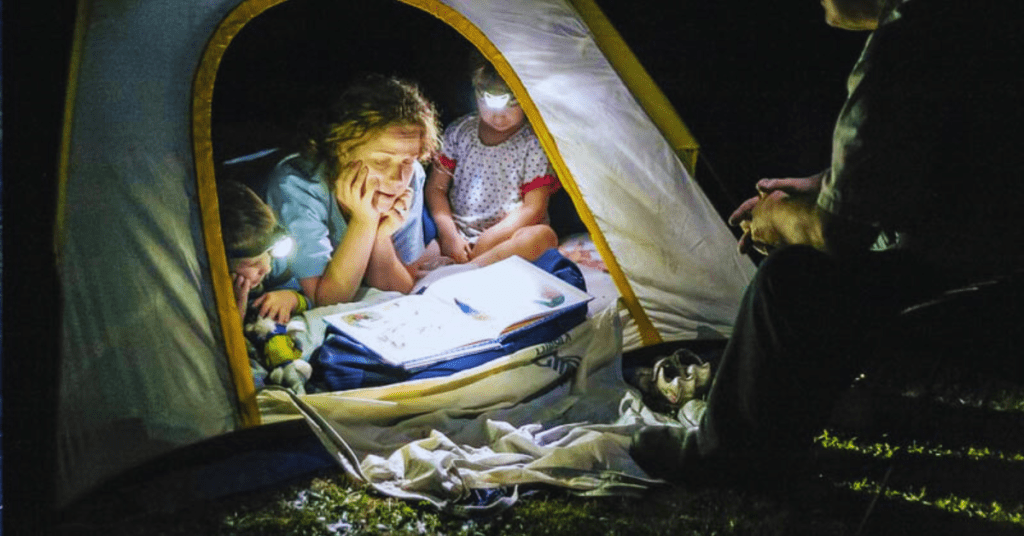
Battery life is another critical factor. Opt for headlamps with long-lasting batteries or those that are rechargeable via USB for sustainability. Some models feature battery indicator lights to monitor power levels, preventing unexpected darkness.
Lanterns

Lanterns are essential camping gear for backpacking in Europe, providing ambient light and enhancing campsite convenience and comfort. Unlike headlamps which are worn on the head for directed illumination, lanterns offer 360-degree light distribution, making them ideal for illuminating larger areas such as tents, picnic tables, or group gatherings after dark.
LED lanterns are popular due to their energy efficiency, longevity, and brightness options that can usually be adjusted to conserve battery life. They are also lightweight, which is crucial for backpackers aiming to minimize pack weight,
Conclusions and Recap
Embarking on a backpacking adventure through Europe necessitates careful consideration of essential gear to ensure comfort, safety, and enjoyment. From selecting the right shelter and sleeping gear, including lightweight tents and insulating sleeping bags, to choosing appropriate clothing and footwear for diverse climates and terrains, every item plays a crucial role in enhancing your experience.
FAQS
What type of tent is best for backpacking in Europe?
A lightweight, three-season backpacking tent is ideal for versatility and ease of use.
Should I choose a down or synthetic sleeping bag for European backpacking?
Down sleeping bags offer superior warmth-to-weight ratio, while synthetic bags perform better in wet conditions.
What are the essential clothing layers for European backpacking?
Base layers for moisture-wicking, insulating layers for warmth, and waterproof outer layers for protection.
Do I need trekking poles for hiking in Europe?
Trekking poles can enhance stability, reduce joint strain, and improve balance on varied terrain.
How important is it to have a reliable navigation system?
Essential for navigating unfamiliar trails and ensuring safety; consider carrying maps, GPS, or a compass.
